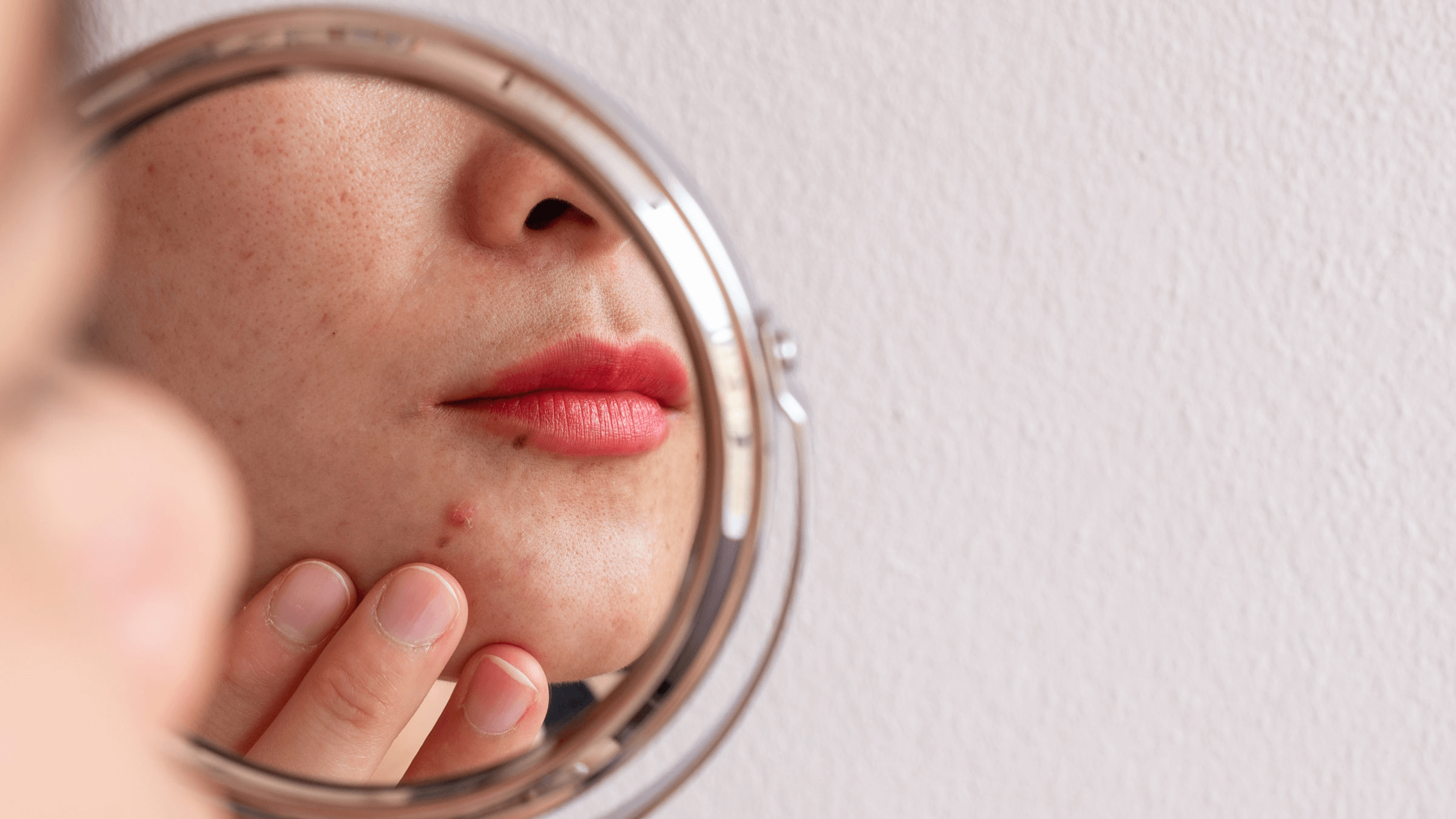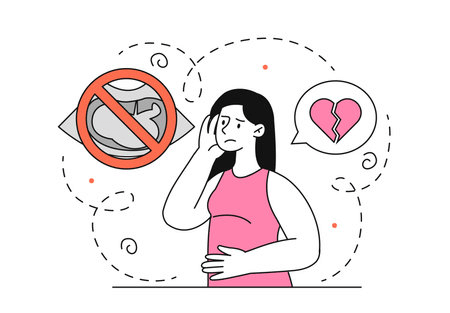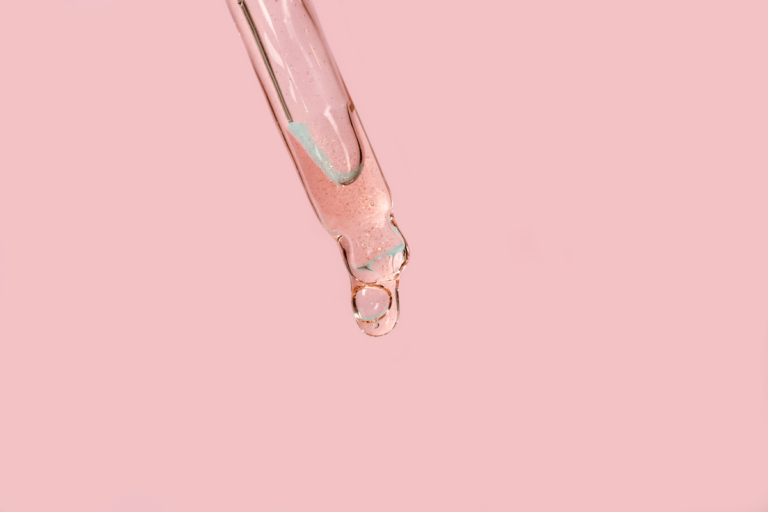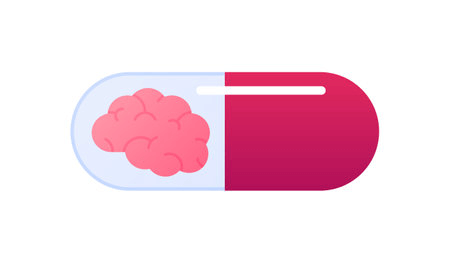Safe Acne Treatments During Pregnancy: What You Need to Know

Many women experience acne or worsening skin conditions during pregnancy, particularly in the first trimester. However, not all acne treatments are safe to use while pregnant, as some can lead to birth defects or miscarriage. It’s essential to consult with a healthcare provider before starting any acne medication during pregnancy to ensure both mother and baby are safe.
Safe Acne Treatments for Pregnancy
- Topical Treatments:
- Safe Ingredients: Benzoyl peroxide and fruit acids like glycolic acid are generally considered safe. These can effectively treat mild to moderate acne without posing significant risks to the baby.
- Use with Caution: Azelaic acid and topical antibiotics may be safe in small doses for severe acne, but it’s best to consult a healthcare professional before use.
- Avoid: Retinoids (like tretinoin, adapalene, isotretinoin) and high concentrations of salicylic acid. These are associated with a higher risk of complications.
2. Oral Medications:
- Safe Options: Certain antibiotics, such as erythromycin and penicillin, may be safe for use during pregnancy. They can help manage acne without harming the baby.
- Unsafe Options: Isotretinoin and other antibiotics, like tetracyclines and fluoroquinolones, should be avoided due to risks of severe birth defects and other complications.
Non-Medication Acne Management
- Skincare Routine: Gently cleanse your skin twice a day with lukewarm water and a mild cleanser. Avoid harsh scrubbing, which can irritate the skin.
- Moisturizing: Use oil-free and non-comedogenic moisturizers to prevent pore clogging.
- Makeup: Choose water-based, non-comedogenic products and remove makeup before bed.
- Avoid Picking or Squeezing Acne: This can lead to more irritation and potential scarring.
- Consider Professional Treatments: Photodynamic therapy (ultraviolet light treatment) may be suggested by dermatologists for severe cases.
Postpartum Acne Treatment Considerations
If you plan to breastfeed, continue to exercise caution with acne treatments, as some medications can pass into breast milk and affect the baby. Always inform your healthcare provider if you are breastfeeding so that they can prescribe safe medications.
Final Thoughts
Managing acne during pregnancy can be challenging, but with the right guidance and safe treatment options, it’s possible to maintain healthy skin without compromising the well-being of your baby. Always consult with a healthcare provider before starting or continuing any treatment to ensure safety for both you and your child.





